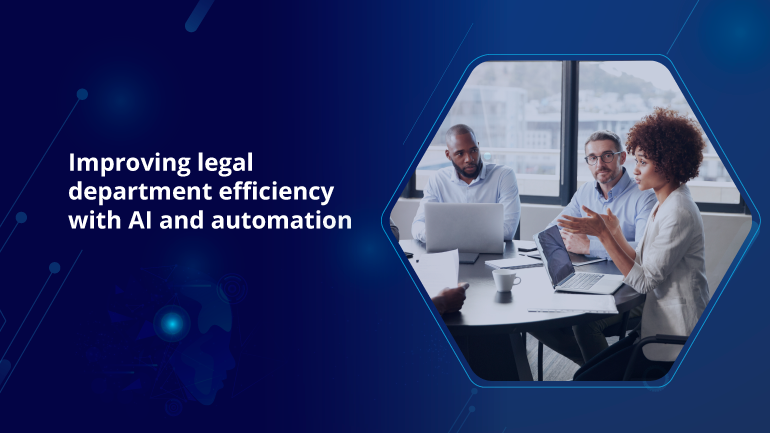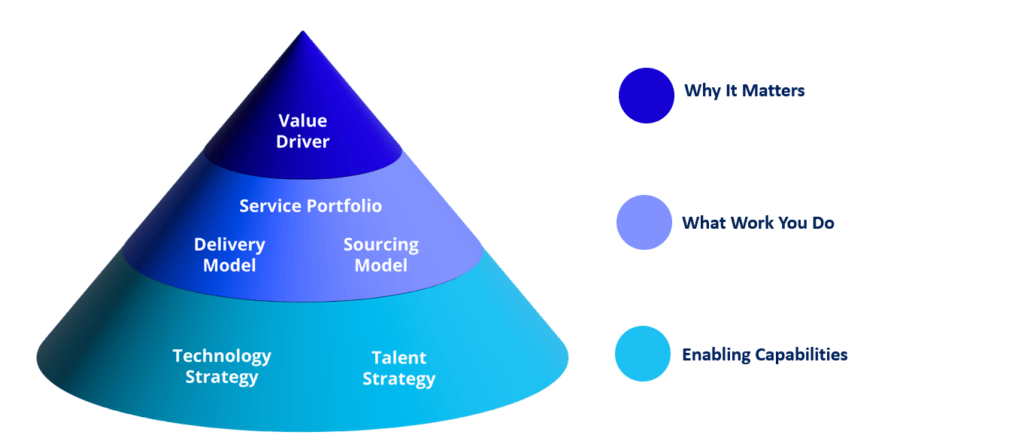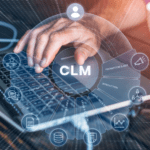
Improving Legal Department Efficiency with AI and Automation
Today we had the pleasure of sharing some insights with the legal department of one of SA’s leading insurance companies, focusing on legal department efficiency.
During this thought-provoking session we unpacked the following:
- The Legal Operating Model
- What AI looks like in law
- What automation means in law
- Some key examples of tools we can use to create legal department efficiency
What is a Legal Operating Model?
A legal operating model assesses whether the way legal resources are organised and optimised is the most effective to drive value into the business.

Businesses can use the legal operating model to effectively ensure that their legal departments are accurately demonstrating their value to the business.
You need to understand what works in your legal department from a foundational basis, in other words, what enables you to provide legal services, i.e., Enabling Capabilities? The next step is to determine what type of legal work you focus on and how you deliver. This falls under What Work You Do. And lastly, understanding the core purpose of the legal department, otherwise known as the Value Driver.
Understanding this will place you in a better position to understand how you can improve your legal department efficiency.
Start your legal ops journey
After completing the above survey, you will be in a better place to understand how technology can improve your legal department efficiency.
Even so, what other developments have there been when it comes to Artificial Intelligence in the legal industry? Some examples include solutions geared towards gathering data into actional insights from contracts, like our Contract Manager. Read more on how AI is booming in the legal industry.
But where does automation fit in improving legal department efficiency? Automation, in our context, legal automation, is a subset of software designed to streamline the legal process, automate the creation, approval and management of, often repetitive, legal tasks to augment a lawyer’s productivity.
Some of categories which fall under legal automation include the following:
- Business Function –
The purpose of legal automation is to scale operations of the legal department and improve legal department efficiency, for example automated workflows.
- Systems of Record –
One of many key legal roles, is to ensure that there’s a secure way to record, store, report and manage records. Examples of this include solutions like Contract Manager and Matter Manager.
- Legal Function Enabler –
Legal automation in this area is created to increase productivity by augmenting and automating certain tasks, e.g., eSignatures, negotiation portals, etc.
Want to see AI and Automation in action? You can book a demo by calling us on +27 66 561 6798 or by emailing us on in**@***********ct.com to have a look at our Contract Manager and Matter Manager solutions – built for inhouse counsel teams.






